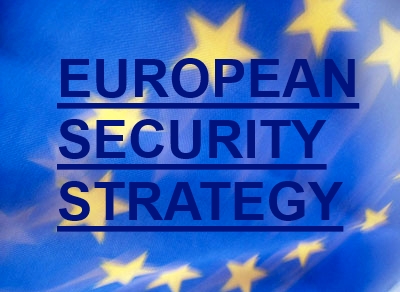
The ENP, security and democracy in the context of the European security strategy

In implementing the European Neighbourhood Policy (ENP) the European Union offers a deeper political and economic relationship to its neighbours – but without a promise of EU membership. The ENP is intended to be a strategic approach to the post-enlargement situation which redraws boundaries between the EU ‘insiders’ and the ‘outsiders’ on the EU’s borders. This volume presents an empirical exploration of the ENP, in which the main emphasis is on an assessment of the impact the ENP has had so far and the factors that have shaped its implementation since 2003. The volume also provides a perspective on how to study this relatively new policy area. It contends that the ENP represents a distinctive challenge for scholars studying the European Union and that the development of a structured relationship that embraces neighbouring states represents a ‘coming of age’ for the Union.
in Richard G. Whitman & Stefan Wolff (eds.), The European Neighbourhood Policy in Perspective, Basingstoke, Palgrave, 2010.
(Photo credit: openDemocracy, Flickr, text has been added)